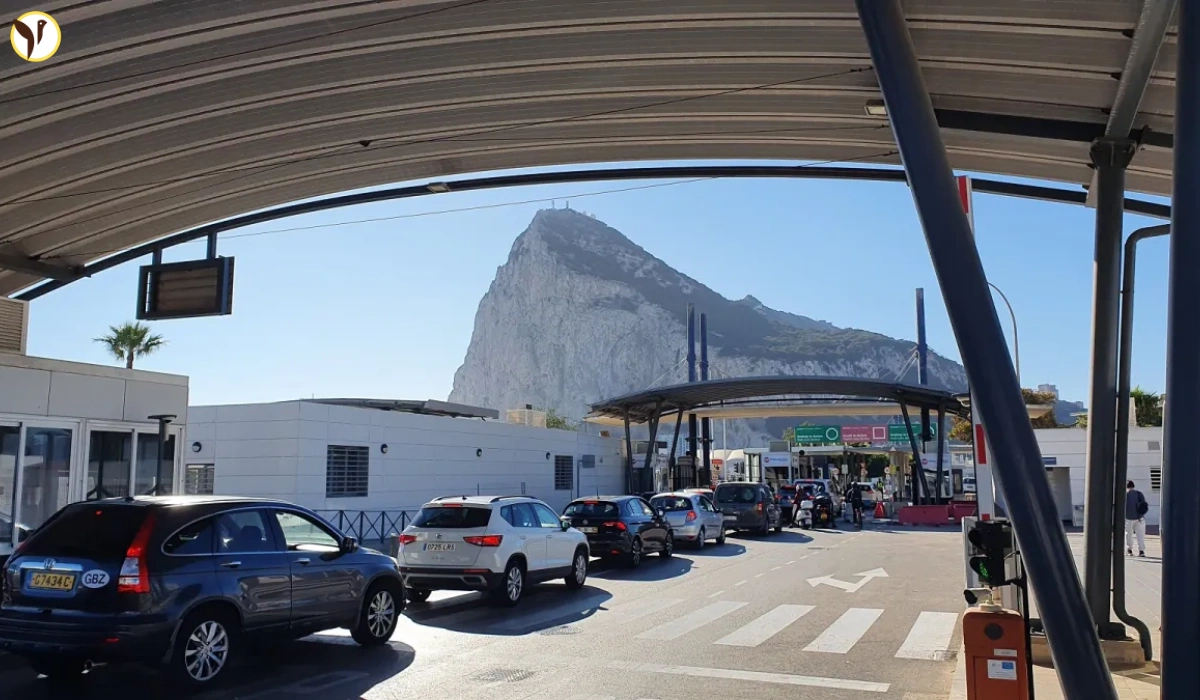You know how people talk about Brexit like it’s just a UK thing? Well, for Gibraltar, it hit closer to home—like, literally. This tiny place stuck at the bottom of Spain has been feeling the aftershocks every single day since the UK left the EU. And honestly, it’s been a rollercoaster for the folks living and working there.
Life at the Border Isn’t the Same Anymore
Okay, let’s talk about the border first because that’s a big deal. Every day, thousands of people cross from Spain into Gibraltar for work—most of them live in nearby towns like La Línea. Before Brexit, this was just a normal, fast thing. But now? There’s more paperwork, more waiting, and sometimes even more stress. People worry every morning if they’ll get to work on time or if there’ll be a random hold-up. And it’s not just workers—families, students, and even people going to hospital appointments get stuck in it too. It’s added a lot of tension, and yeah, it’s exhausting.
Local Businesses Are Feeling the Heat
Brexit messed with trade more than people expected. Shops in Gibraltar used to get goods easily through Spain, but now that whole system feels slower and more expensive. Some products take longer to arrive, and prices have gone up. A few shop owners said they’ve had to change suppliers or even fly things in when deliveries got stuck. That obviously costs more, and guess who ends up paying? Yeah—regular folks.
Plus, tourism took a hit too. Fewer people want to deal with extra checks just for a day trip, and cruise traffic isn’t as smooth either. For a place that depends on visitors, that’s a big blow.
Jobs and the Finance Sector—Still Holding On
Gibraltar’s economy used to thrive on services like online gambling and finance—lots of it was connected to EU markets. After Brexit, some of that access just disappeared. Some companies shifted part of their business to other EU countries, but most tried to stay and adjust. The government’s been trying to keep Gibraltar attractive by focusing on fintech and even cryptocurrency stuff. It’s working, kind of, but the whole thing feels a bit shaky still.
People working in those industries are holding on, but many are worried about what’s next. It’s not a disaster—but it’s not exactly calm waters either.
Talks and Hope for a Deal That Actually Works
Here’s where it gets kind of hopeful. The UK, Spain, and the EU have been trying to sort out a long-term deal for Gibraltar. The goal is to make the border smoother, maybe even let Gibraltar join the Schengen area so there’s no more strict checks. They’re also talking about how to handle customs, the airport, and even VAT rules that are different from Spain’s.
Nothing’s signed yet, and yeah, it’s been dragging on, but people are hopeful. Gibraltarians want a deal that keeps their British identity safe but still lets them live and work normally across the border. It’s a tricky balance, but something’s gotta give soon.









